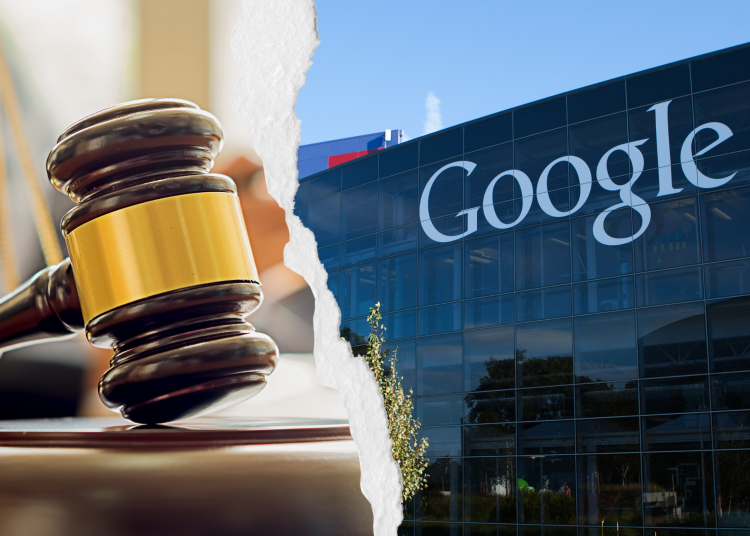DES MOINES, Iowa – On Wednesday, Iowa Attorney General Tom Miller joined a coalition of 37 attorneys general to file a lawsuit against Google in California. Utah v. Google alleges exclusionary conduct relating to the Google Play Store for Android mobile devices and Google Billing.
This antitrust lawsuit is the newest legal action against the tech giant, claiming illegal, anticompetitive, and unfair business practices. The states accuse Google of using its dominance to unfairly restrict competition with the Google Play Store, harming consumers by limiting choice and driving up app prices
“Millions of consumers rely on the Google Play Store to discover and download frequently used apps on their smart devices,” Miller said. “Through the use of restrictive contracts and agreements, Google has used this reliance to thwart competition and create a monopoly in app distribution. What’s more, Google has knowingly passed higher than average fees along to customers, often costing consumers hundreds if not thousands of dollars they wouldn’t have spent except for Google’s dominant market position.”
According to the lawsuit, the heart of the case centers on Google’s exclusionary conduct, which substantially shuts out competing app distribution channels. Google also requires that app developers that offer their apps through the Google Play Store use Google Billing as a middleman. This arrangement, which ties a payment processing system to an app distribution channel, forces app consumers to pay Google’s commission—up to 30%—on in-app purchases of digital content made by consumers through apps that are distributed via the Google Play Store. This commission is much higher than the commission consumers would pay if they had the ability to choose a payment processing system of their choice. The lawsuit alleges that Google works to discourage or prevent competition, violating federal and state antitrust laws.
Google Closed the Android App Distribution Ecosystem to Competitors
When Google launched its Android OS, it originally marketed it as an “open source” platform. By promising to keep Android open, Google successfully enticed “OEMs”—mobile device manufacturers—such as Samsung and “MNOs”—mobile network operators such as Verizon—to adopt Android, and more importantly, to forgo competing with Google’s Play Store at that time.
Once Google had obtained the “critical mass” of Android OS adoption, Google moved to close the Android OS ecosystem—and the relevant Android App Distribution Market—to any effective competition by, among other things, requiring OEMs and MNOs to enter into various contractual and other restraints. These contractual restraints disincentivize and restrict OEMs and MNOs from competing (or fostering competition) in the relevant market. The lawsuit alleges that Google’s conduct constitutes unlawful monopoly maintenance, among other claims.
This effort is led by Utah Attorney General Sean D. Reyes, New York Attorney General Letitia James, North Carolina Attorney General Josh Stein and Tennessee Attorney General Herbert Slatery III. Other states joining the lawsuit include Alaska, Arkansas, Arizona, California, Colorado, Connecticut, Delaware, District of Columbia, Florida, Idaho, Indiana, Kentucky, Maryland, Massachusetts, Minnesota, Mississippi, Missouri, Montana, Nebraska, Nevada, New Hampshire, New Jersey, New Mexico, New York, North Carolina, North Dakota, Oklahoma, Oregon, Rhode Island, South Dakota, Tennessee, Utah, Vermont, Virginia, Washington, and West Virginia.
Read the complaint below:
Utah_v_Google_24EC907D3A541















